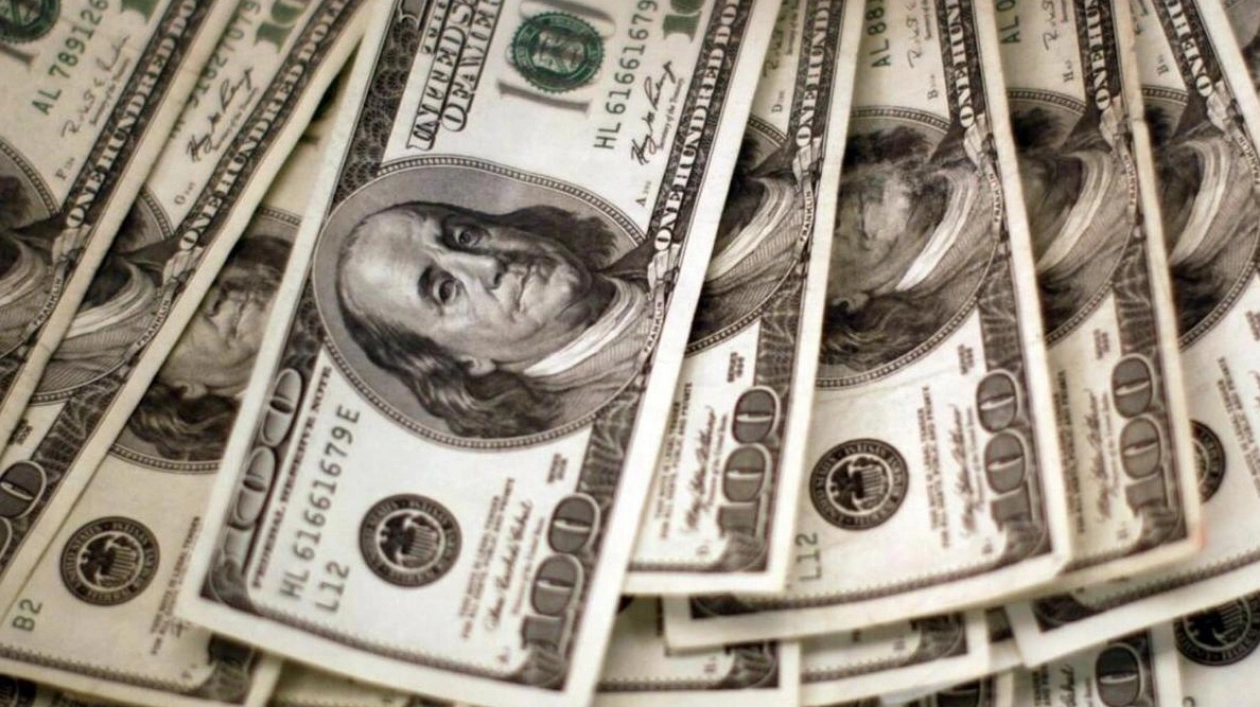The US dollar experienced a surge on Wednesday, reigniting its post-election rally following a three-session dip, as investors sought clarity on the Federal Reserve's interest rate strategy and US President-elect Donald Trump's policy proposals.
Safe-haven currencies like the Japanese yen, Swiss franc, and the greenback saw a temporary uptick on Tuesday before losing momentum. Russia's foreign minister, Sergei Lavrov, stated that the country would "do everything possible" to prevent nuclear war, just hours after Moscow announced it would reduce its threshold for a nuclear strike.
Despite the recent pause, the dollar index has surged approximately 3% since the US election, driven by expectations that the Fed might slow its rate-cut trajectory due to concerns that Trump's policies could fuel inflation. "There's a lot of pessimism about Fed rate cuts that we believe is misplaced," commented Jay Hatfield, CEO of Infrastructure Capital Advisors in New York. "Other countries, excluding Japan, need to cut rates because they are essentially experiencing zero growth, and without the US, they would be in a recession. The US is the major variable, and we think the market is overly bearish about Fed cuts."
The dollar index, which gauges the greenback against a basket of currencies, climbed 0.53% to 106.66, with the euro declining 0.56% to $1.0536. Expectations for rate cuts have been tempered, albeit volatile, in recent weeks. Markets now estimate a 59.1% chance of a 25-basis-point cut at the Fed's December meeting, down from 82.5% a week ago, according to CME's FedWatch Tool. A Reuters poll indicated that most economists anticipate the Fed to cut rates at its December meeting, with shallower cuts in 2025 than previously expected due to the risk of higher inflation from Trump's policies.
Recent remarks from Fed officials, including Chair Jerome Powell, suggest that the central bank will proceed cautiously with its rate-cut path. Against the Japanese yen, the dollar strengthened 0.36% to 155.2. The dollar had surged as much as 9% against the yen since the start of October, reaching as high as 156.74, surpassing the 156 mark last week for the first time since July, raising the possibility that Japanese authorities might intervene again to support the currency.
Investors are eagerly awaiting Trump's nomination for Treasury secretary, one of the most prominent cabinet positions overseeing the country's financial and economic policies. Some of Trump's other selections have raised questions about their qualifications and experience. The recent weakening of the yen to a three-month low has heightened expectations that the Bank of Japan might adopt a more hawkish stance as the currency nears levels that prompted intervention in July. Comments this week from BoJ Governor Kazuo Ueda did not provide fresh insights into the central bank's direction.
Sterling weakened 0.17% to $1.266, relinquishing earlier gains. The pound initially rallied as data revealed that British inflation surged more than anticipated last month, rising back above the Bank of England's 2% target, and underlying price growth also accelerated. The rise in inflation bolstered the BoE's cautious approach to interest-rate cuts. Traders currently see an 84.5% chance that the BoE will maintain rates at its next policy meeting.
Source link: https://www.khaleejtimes.com






